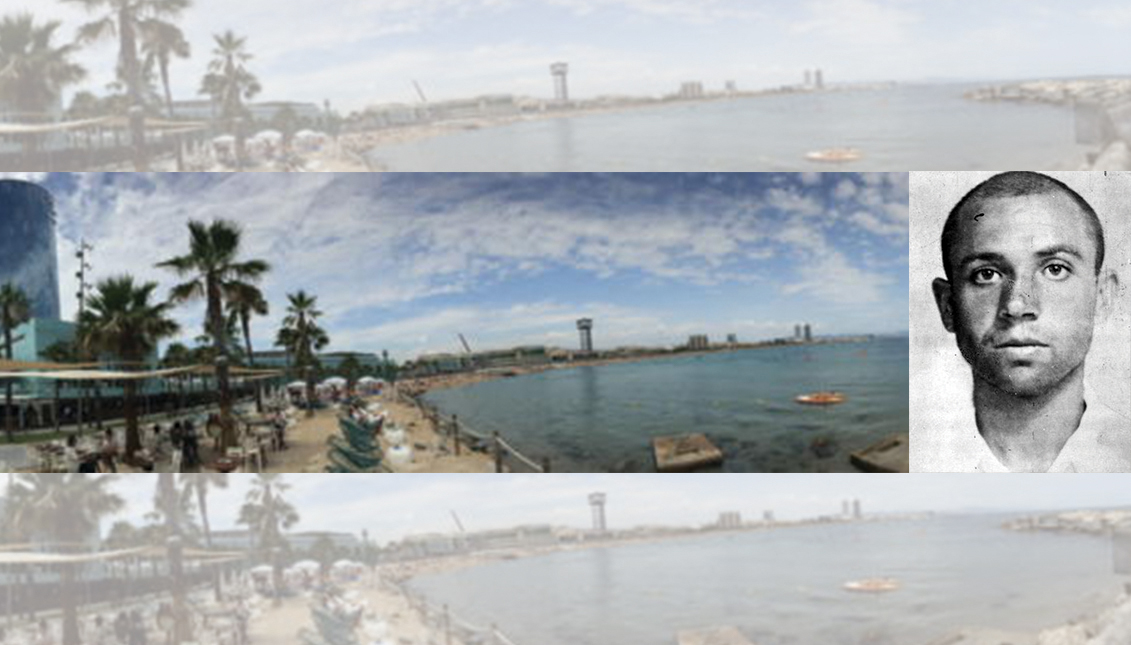
OP-ED: Remembering poet Miguel Hernández, in Barcelona, Spain
I was a student in Bogotá, Colombia, and could barely understand any literature, mainly that abstract one my elderly lady professor reciting the lines written…
I was 21 when I first read him; he was 23 when he first published.
I was a student in Bogotá, Colombia, and could barely understand any literature, mainly that abstract one my elderly lady professor reciting the lines written by Spanish writer Miguel Hernández. She deemed these master pieces, although he put them in paper in his late 20's.
Me, completely in the dark about “the profound meaning,” as my old professor writing slowly and solemnly as if they were words taken from the Scripture —from ancient prophets— not written by a peasant poet who barely had formal education at the beginning of the 20th Century.
According to her (an aged woman, PhD, educated in Paris), we were a bunch of ignorants and she often got upset with us, her teenagers who were her students, because of our obvious lack of connection with the music in this poetry.
Perhaps, she had forgotten she had been in her 20s herself and that, in their 20s, human beings have barely “opened their eyes.”
For example, this line dedicated to “Ramón Sijé, a quien tanto quería,” acquires a meaning I didn’t see then.
“A dentelladas secas y calientes...” the writer charged, to follow with his desire to “Desamordazarte y regresarte,” Ramón!
He was his dear friend, dead and buried, like García Lorca, after he was killed cowardly in the Spanish Civil War.
Miguel Hernandez, “el niño poeta,” attempts to “resurrect” in his famous poem, “Orihuela,” his friend and mentor, Ramón using the spell and the power of the written word and his own masterful and very natural lyrics.
Like in Walt Whitman’s, poetry in Hernández grows larger when the words are fewer and simpler.
He is one among many writers from Spain, many other more famous and celebrated than him, but this is the one I happen to remember this luminous day of July the 5th, 2016, in front of the Mediterranean Sea, in Barceloneta, Barcelona, Spain.
“La Madre Patria” (The Motherland), as Latinos in general tend to call, sometimes reluctantly, the part of the Peninsula that came to our America and has stayed there there for the past 500 plus years.
Hernández, born in Orihuela, “su pueblo y el mío,” in 1910, the year after my own father Pedro, who didn't know how to write, at all, was born in Galán, Santander, Colombia.









LEAVE A COMMENT:
Join the discussion! Leave a comment.